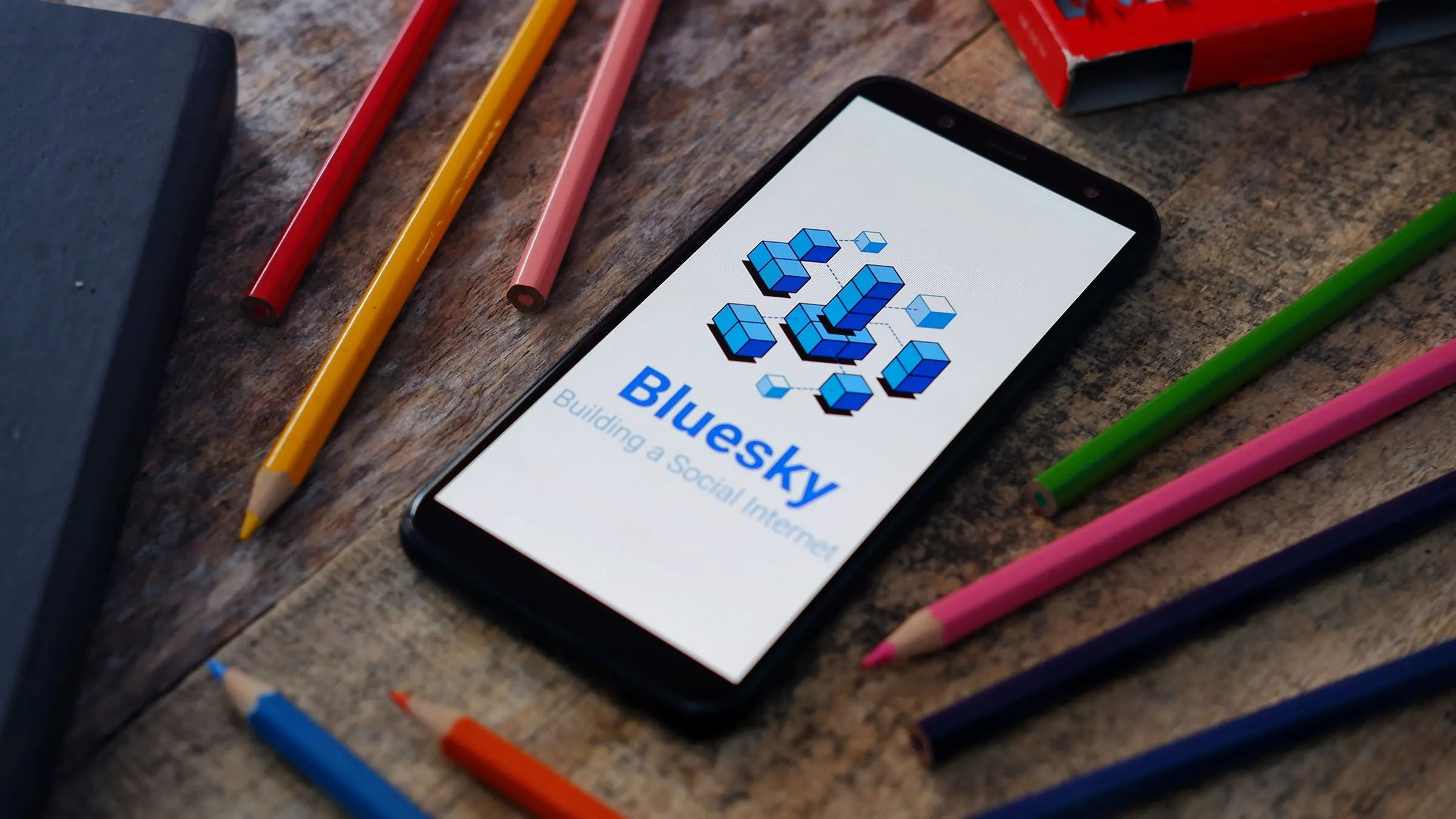Decentralized Twitter rival Bluesky announced Tuesday that it has finally opened its app to the general public, after nearly a year of invite-only beta testing.
The platform, a Twitter-like social feed for sharing text and media posts with followers, is built upon a decentralized protocol that is effectively uncensorable and does not collect user data. The underlying AT Protocol also will eventually enable users to transfer their own personal data over to other servers within a federation of networks, as well.
(Video by Rug Radio Creator Benjamin White.)
Originally conceived of and backed within Twitter by the company’s former CEO Jack Dorsey, Bluesky later spun off as an independent company. After Elon Musk’s divisive purchase and overhaul of Twitter in late 2022, Bluesky positioned itself as a viable, user-focused alternative to the social media juggernaut.
Since launching in beta last March, Bluesky has attracted over three million users, according to the company, despite requiring an invite code to create an account. Now, any user can sign up for the app for free.
The company’s push into primetime comes as another decentralized social media platform, Farcaster, has gained steam in recent weeks, particularly among tech and crypto enthusiasts.
In the last week, the decentralized, blockchain-backed social media protocol Farcaster has seen an exponential uptick in signups and activity, after introducing a novel feature that permits users to mint NFTs, make purchases, and play games—among other functions—while remaining in their social media feed.
Farcaster currently has just over 139,000 users, according to data from Dune. While that number pales in comparison to Bluesky’s reported signups, Farcaster’s fairly technical user experience remains catered to the crypto-savvy.
Ever since Elon Musk began instituting controversial changes at Twitter just over a year ago, a slew of competitors have attempted to dethrone the platform, each promising better days for weary posters. Several of these new apps have centered their pitch on decentralized technology, promising an end to censorship, privacy woes, and profuse bot activity.
None of these would-be Twitter slayers, however, have managed yet to dethrone their rival. Twitter remains handily the top text-based social media app, with over 500 million monthly active users, according to the company.
Twitter competitors have also struggled to retain users after luring them to sign up. When Bluesky’s beta went live last year, for example, a number of public figures and celebrities including congresswoman Alexandria Ocasio-Cortez and actor Kumail Nanjiani joined the platform and made vocal pushes to endorse it. Neither Ocasio-Cortez nor Nanjiani have not posted on Bluesky in over seven months; Jack Dorsey, meanwhile, appears to have deleted his account.
Edited by Andrew Hayward

